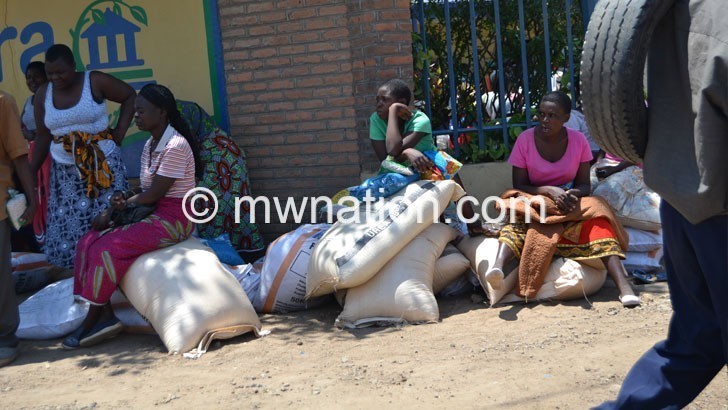Institute faults Fisp
International Food Policy Research Institute (Ifpri) has faulted huge investments in Farm Input Subsidy Programme (Fisp), arguing it has discouraged diversification into higher-value or more nutritious crops.
Ifpri, an international agriculture research think-tank, says when government promotes specific crops such as maize, distortionary incentives and the generation of crop-specific technologies can hinder the diversification of agriculture and slow the process of agricultural transformation.
Reacting to the report, Farmers Union of Malawi (FUM) director of research, policy and partnerships Kennedy Lweya said just as there is a deliberate policy to promote maize production through Fisp, there is need for similar policies to promote other nutritious high-value crops.

He said the country has the capacity to produce high-value and nutritious crops, observing that production is already happening though at a small-scale but what is needed are supportive policies.
Said Lweya: “Malawi has the capacity to produce high-value crops. Some are already being produced, particularly legumes such as soya, groundnuts and beans. However, there is need for more supportive policies particularly to increase value addition and market opportunities both domestically and internationally.
“There is need for a comprehensive review of Fisp to determine its effectiveness in promoting the adoption of improved seed among small-scale farmers. There is need to seriously look at the sustainability of the programme as it is taking up a huge proportion of the agricultural budget”.
National Smallholder Farmers Association of Malawi (Nasfam) chief executive officer Betty Chinyamunyamu, in an e-mail response on Monday, said the report relates with the Malawi situation as most of the policies and incentives have targeted at production for food security, especially maize.
She said the report raises long standing issues of a disconnect between production and marketing where farmers end up producing what the market cannot absorb because many farmers have limited access to production inputs and finance; hence, predominantly rely on Fisp.
Since its inception in 2005, Malawi has invested about K400 billion in Fisp, an equivalent of a third of the current K1.4 trillion national budget, raising calls from other commentators including Economics Association of Malawi (Ecama), for government to abolish the programme on the basis it is not achieving its intended purpose.





